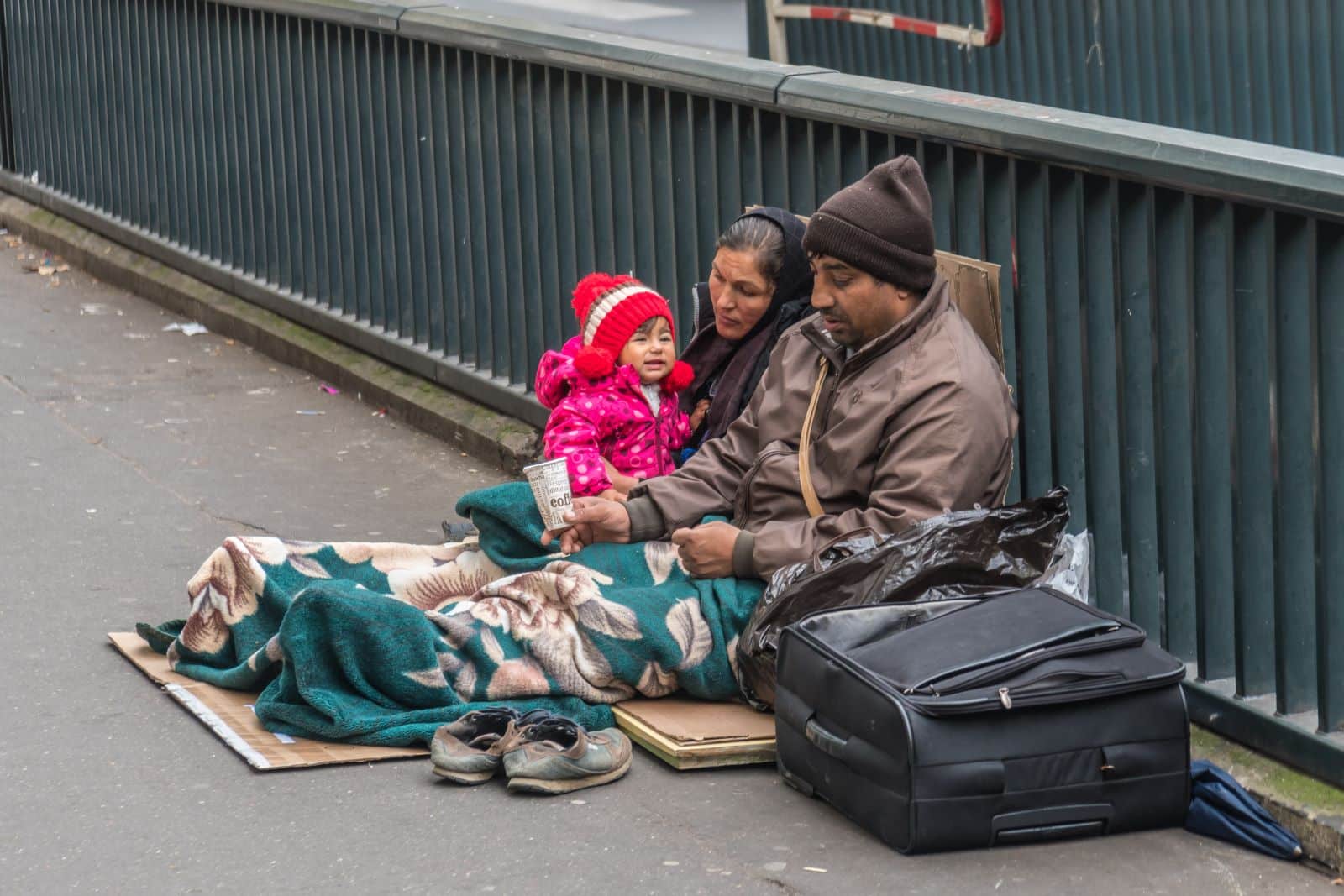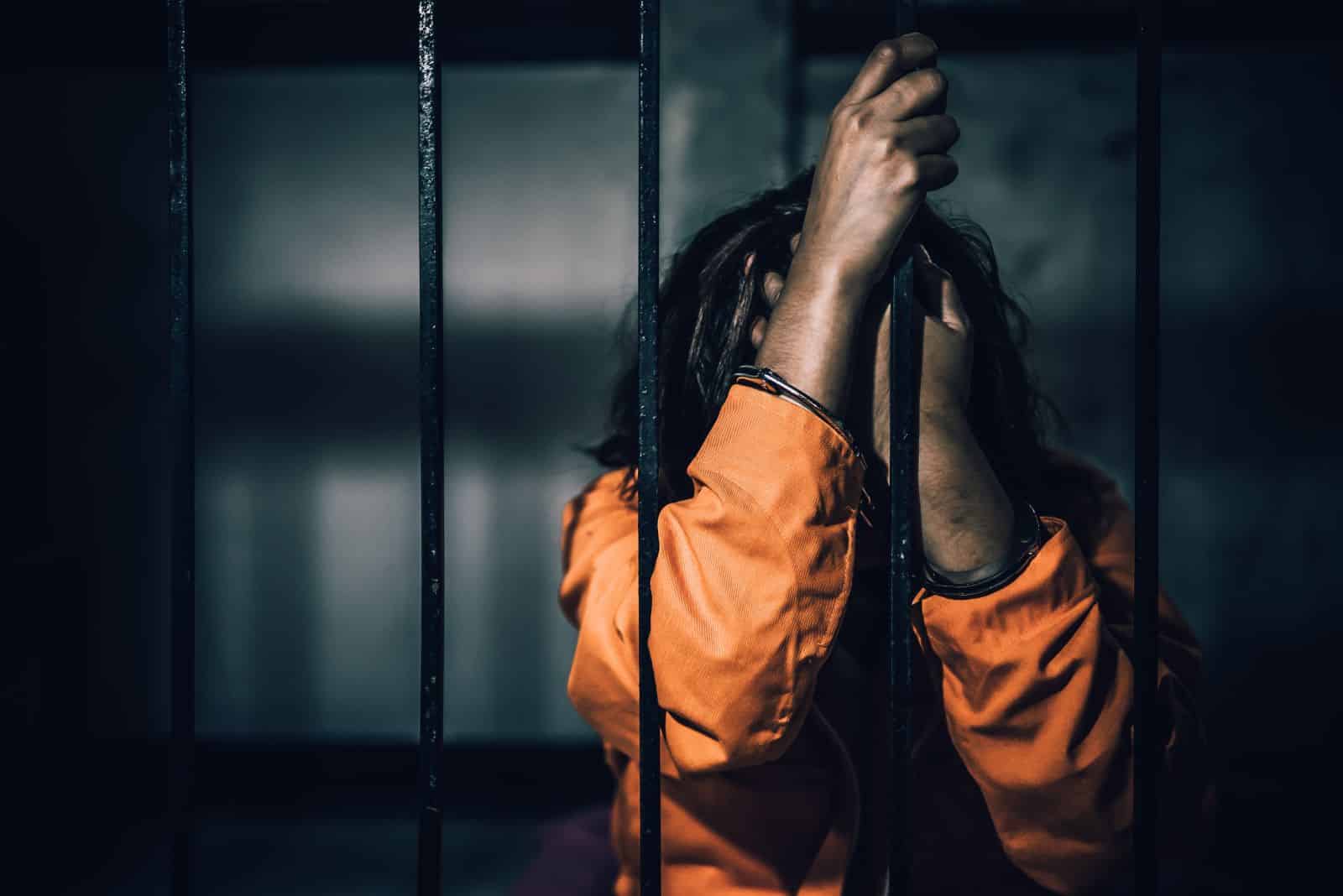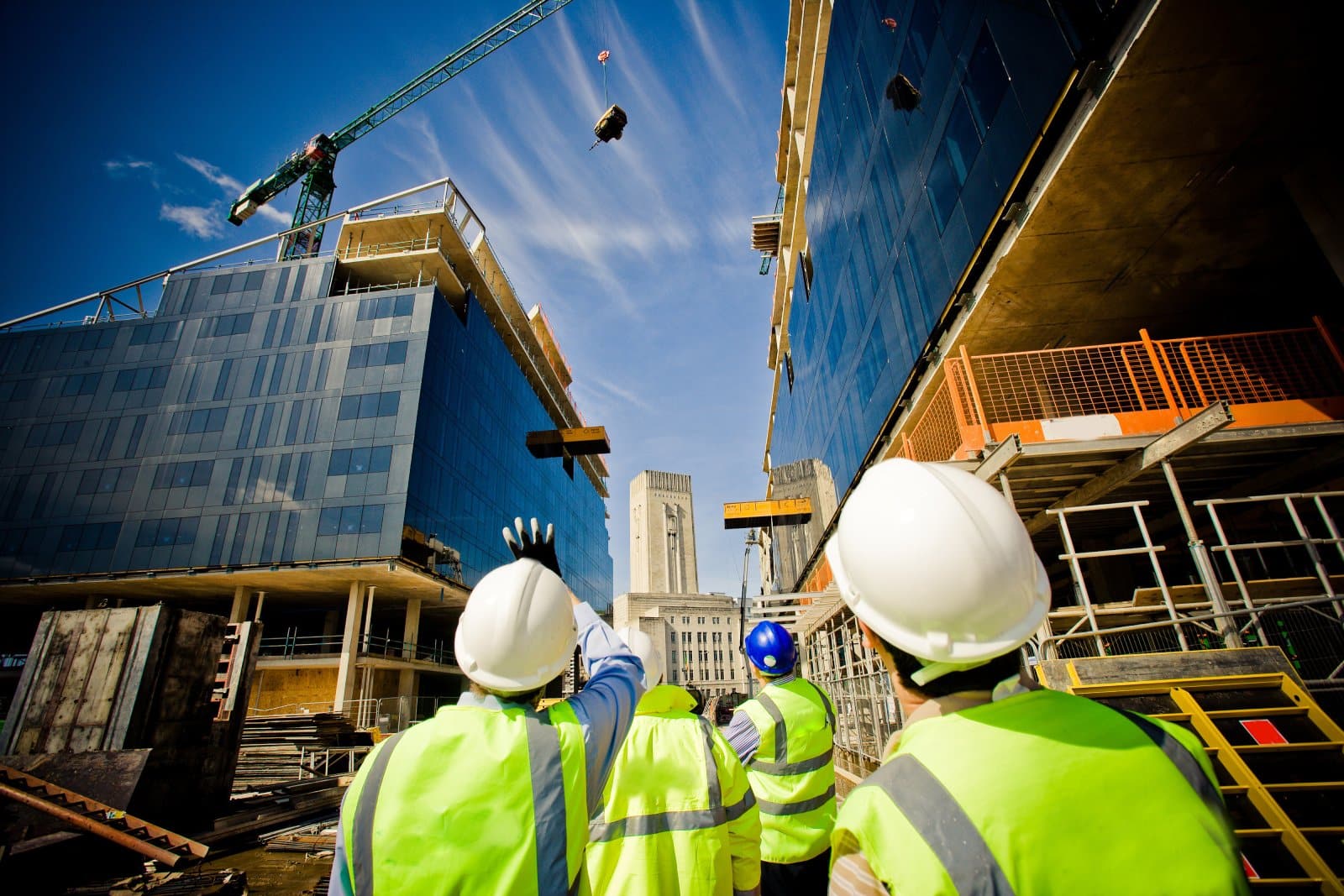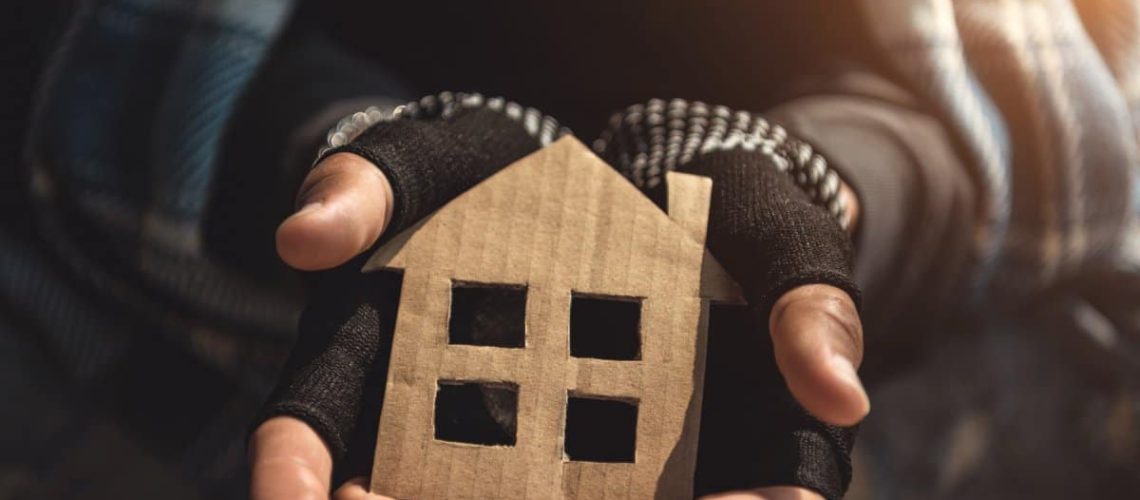Homelessness and displacement disproportionately affect Black, Asian, and Minority Ethnic (BAME) communities due to a myriad of systemic factors. Understanding these underlying contributors is crucial to addressing the root causes and developing effective solutions. Here, we explore factors contributing to BAME homelessness and displacement in our society.
1. Racial Discrimination in Housing

BAME individuals often face discrimination in housing markets, leading to limited access to affordable housing and an increased risk of homelessness.
2. Income Inequality

Economic disparities and lower wages among BAME communities make it challenging to afford stable housing, increasing the likelihood of homelessness and displacement.
3. Lack of Culturally Competent Services

Inadequate culturally competent support services fail to address the unique needs of BAME individuals experiencing homelessness, perpetuating cycles of displacement.
4. Racial Disparities in Criminal Justice

BAME individuals are disproportionately targeted by law enforcement and face harsher sentencing, contributing to higher rates of homelessness upon release from incarceration.
5. Family Breakdown

BAME families experience higher rates of family breakdown due to social and economic stressors, leading to increased vulnerability to homelessness and displacement.
6. Immigration Policies

Discriminatory immigration policies and lack of legal status exacerbate housing instability among immigrant and refugee communities, increasing their risk of homelessness.
7. Educational Disparities

Limited access to quality education and economic opportunities for BAME youth perpetuates cycles of poverty and homelessness across generations.
8. Health Disparities

BAME individuals experience higher rates of chronic health conditions and mental health challenges, which can contribute to housing instability and homelessness.
9. Gentrification and Urban Renewal

Gentrification often displaces BAME communities from their neighborhoods as property values rise and affordable housing options diminish.
10. Cultural Stigmatization

Stigmatization of homelessness within BAME communities can prevent individuals from seeking assistance and accessing support services, further exacerbating their housing instability.
Creating Pathways to Equity

Addressing the complex factors contributing to BAME homelessness and displacement requires a comprehensive, intersectional approach that addresses systemic inequities and promotes access to affordable housing, culturally competent support services, and economic opportunities. By prioritizing equity and social justice, we can work towards creating inclusive communities where all individuals have access to stable and dignified housing.
The post 10 Factors Contributing to BAME Homelessness and Displacement first appeared on Pulse of Pride.
Featured Image Credit: Shutterstock / Jub-Job.
For transparency, this content was partly developed with AI assistance and carefully curated by an experienced editor to be informative and ensure accuracy.

